Choosing the right hot water system is crucial for efficient home energy management. Hot water systems vary widely, from traditional storage tanks to modern heat pump designs, each with unique benefits and specific applications. Whether you’re installing a new hot water system or upgrading an old one, understanding the different types available can help you make an informed decision that suits your needs and reduces your environmental impact.
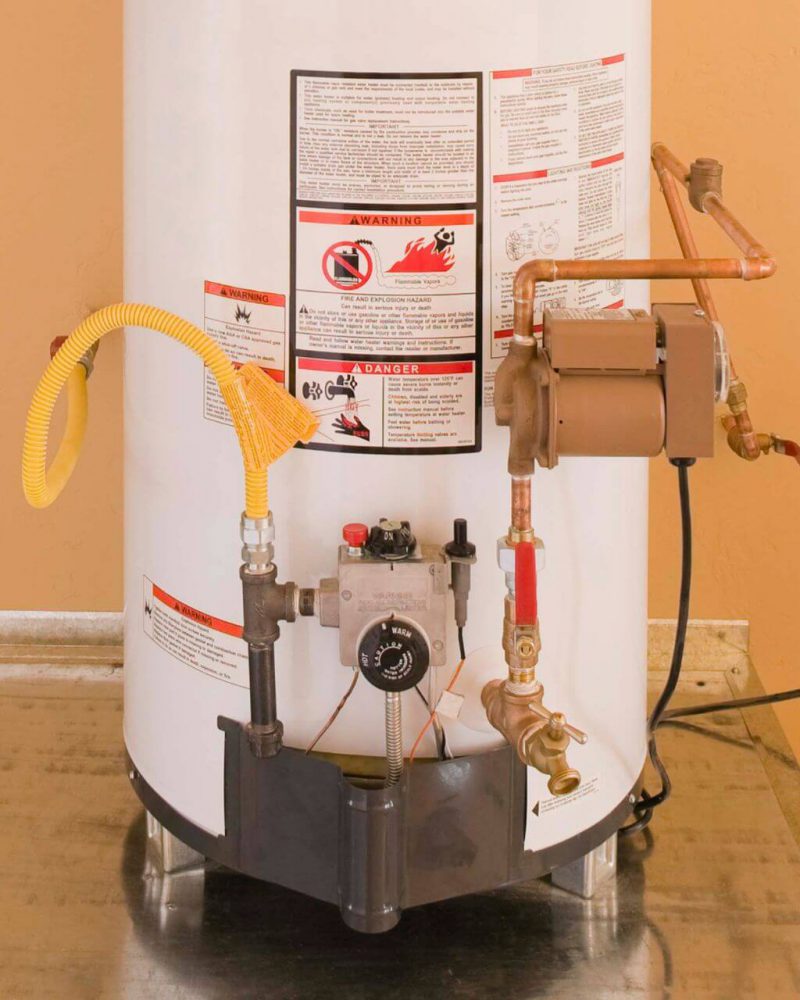
Hot water systems are essential for any household, providing the necessary heat water for showers, dishes, and more. Here’s a breakdown of the different types available, each with distinct mechanisms and benefits:
Electric Storage Hot Water Systems: These systems use electricity to heat water which is then stored in a storage tank until needed. They are simple and reliable but can be less energy-efficient due to heat loss from the storage tank.
Gas Storage Systems: Operating similarly to their electric counterparts, these systems use natural gas to heat the water stored in a tank. Gas systems are typically more cost-effective than electric storage systems and can heat water faster.
Solar Hot Water Systems: Utilising solar panels to capture energy from the sun, these systems are extremely efficient and environmentally friendly. The solar energy collected is used to heat water stored in a tank. Although the initial installation cost is higher, the reduction in energy bills and greenhouse gas emissions make them a popular choice.
Heat Pump Water Heaters: These innovative systems use the heat from the air or ground to heat water, significantly reducing electricity usage compared to traditional electric water heaters. They work well in a variety of climates and are known for their efficiency.
Continuous Flow Systems (Instantaneous Hot Water Systems): These systems heat water on demand rather than storing heated water. They are compact and avoid the energy losses associated with storage tanks, providing efficient hot water as needed. Gas or electric options are available, making them versatile for different energy setups.
Electric Instantaneous Systems: These provide hot water on demand without the use of a storage tank. While they offer continuous water flow and are energy efficient, they require significant electric power to heat water instantly and may not be suitable for households with high simultaneous water usage.
Electric hot water systems are widely used due to their reliability and straightforward installation. They come in two main types: storage tank systems and instantaneous systems, each suited to different household needs.
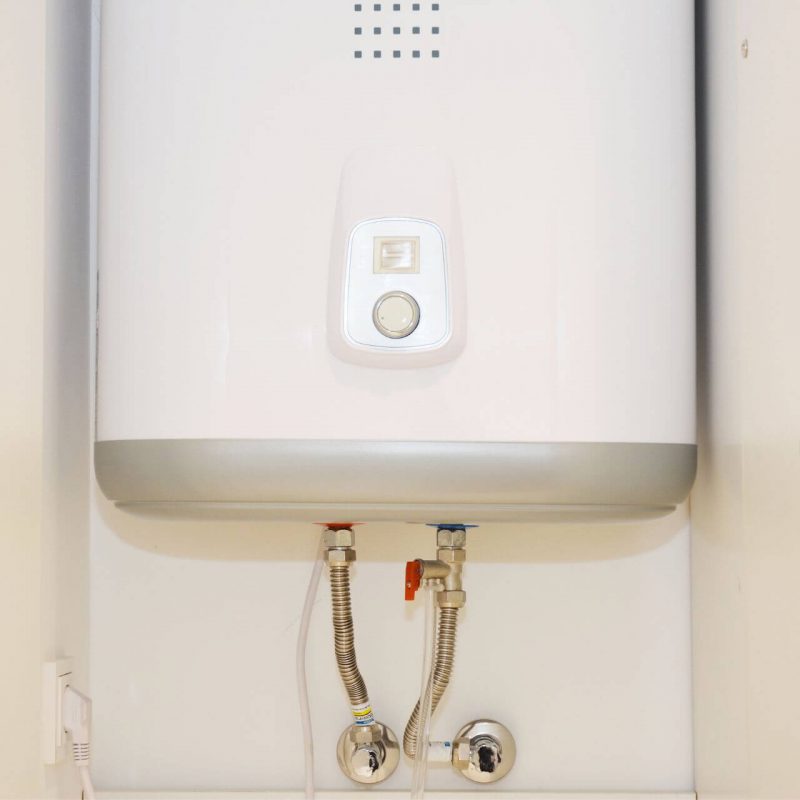
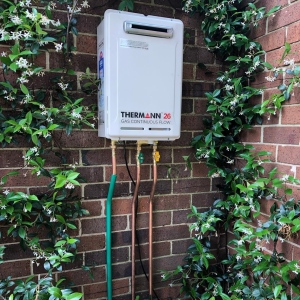
Gas hot water systems are valued for their efficiency and the ability to heat water more quickly than electric systems.
Solar hot water systems use the sun’s energy, making them an environmentally friendly and cost-effective solution over time.
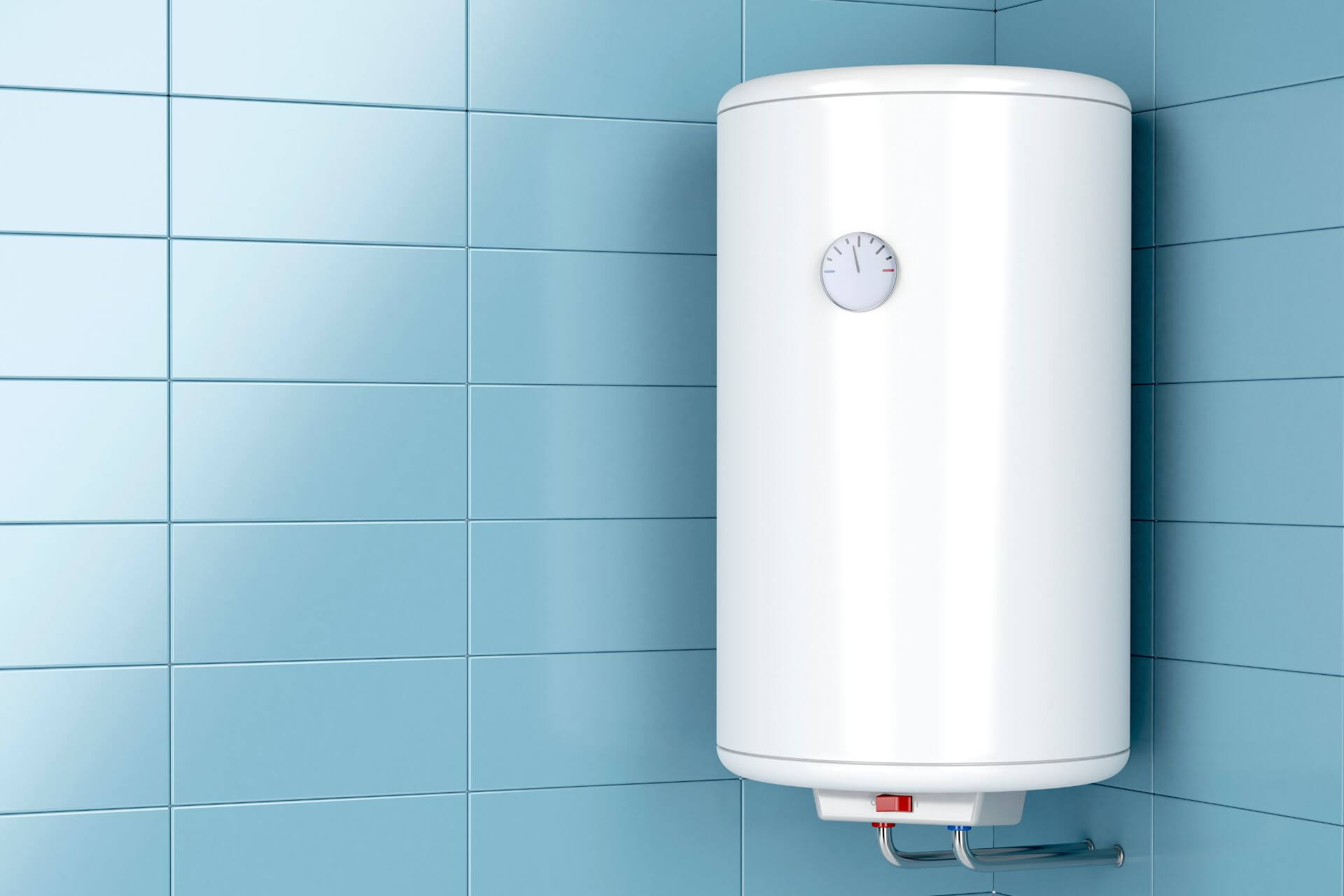
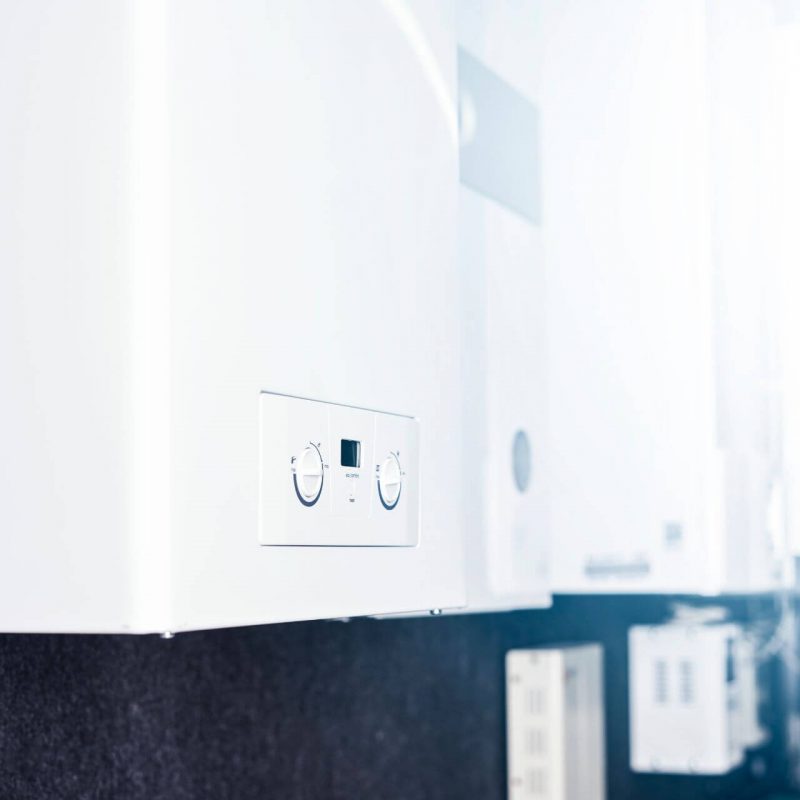
Heat pump water heaters are an energy-efficient alternative that uses electricity not to generate heat directly but to move heat from one place to another.
Instantaneous, or continuous flow hot water systems, provide hot water as it is needed without the use of a storage tank.
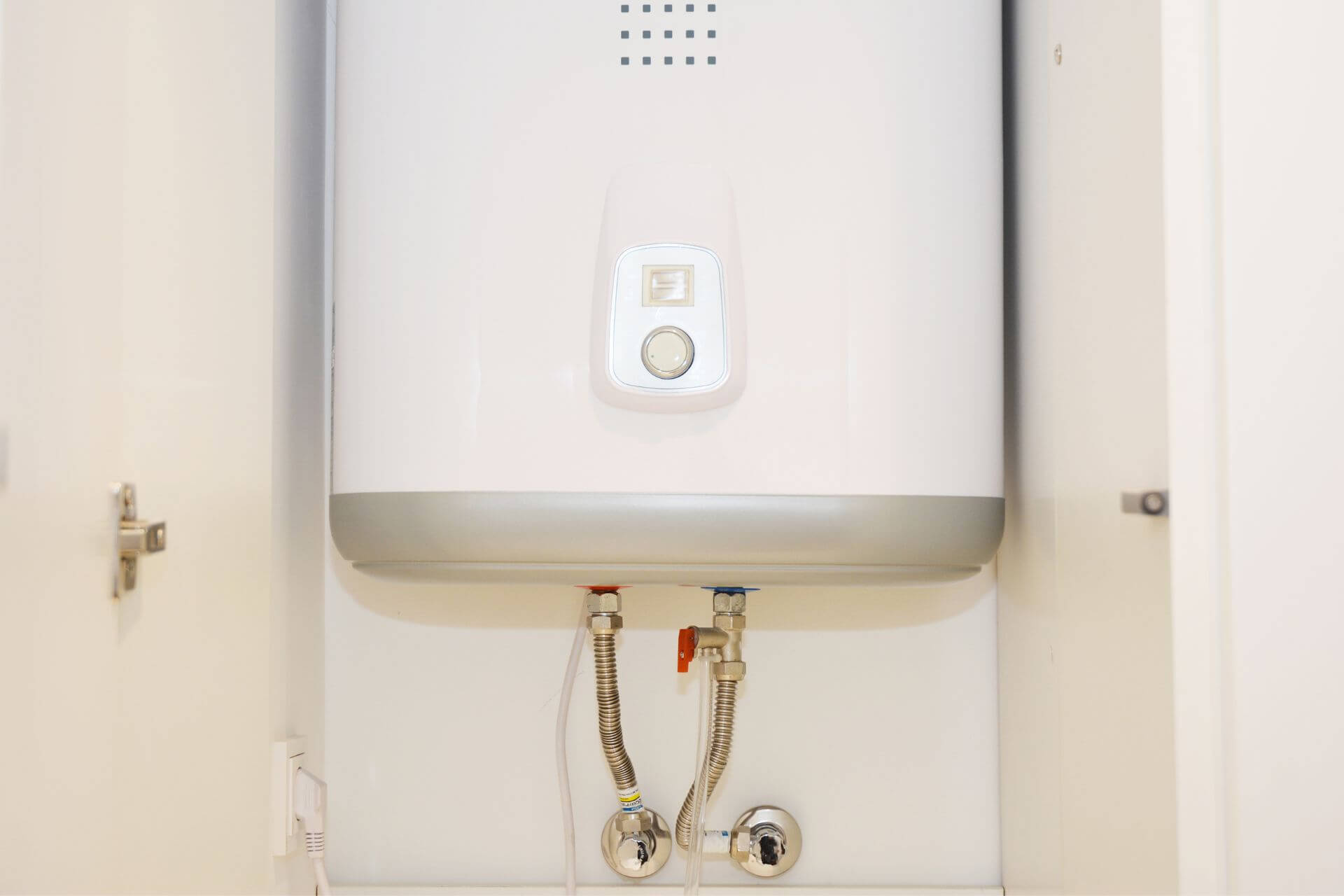

When choosing the right hot water system for your home, consider the number of hot water outlets and the overall hot water demand. Larger families or homes with multiple bathrooms might benefit from a storage tank hot water system or a continuous flow water heater to ensure there’s always enough hot water available.
Consider whether an electric, gas, or solar water heater best suits your energy preferences and the availability in your area. Gas water heaters generally offer lower operational costs compared to electric storage water heaters, while solar water heaters provide significant energy savings and environmental benefits.
The physical space available in your home will also influence your choice. Compact homes may benefit from electric instantaneous water heaters or a heat pump system, which do not require large water storage tanks.
An efficient water heater, while possibly more expensive initially, can save significant money in the long run on energy bills. Solar water systems and heat pump systems are examples of efficient hot water systems that, despite higher upfront costs, provide long-term savings.
Heat pump systems and solar water heaters are among the most energy-efficient on the market. These systems use renewable sources like the surrounding air or solar energy, significantly reducing greenhouse gas emissions and operating costs.
Gas water heaters and continuous flow hot water systems often present more cost-effective solutions in the long term due to their efficient use of energy compared to traditional electric storage water heaters.
While solar water heaters and heat pump systems require higher initial investment and maintenance, they offer greater durability and longer service life. Electric and gas storage systems may need more frequent replacements of parts but are simpler to maintain.
Instantaneous systems, whether electric or gas, provide hot water on demand without the need for a storage tank, making them ideal for ensuring you never run out of hot water while also saving space.
Selecting the best hot water system involves understanding your home’s needs, energy sources, and the balance between upfront costs and long-term savings. Here are important considerations:
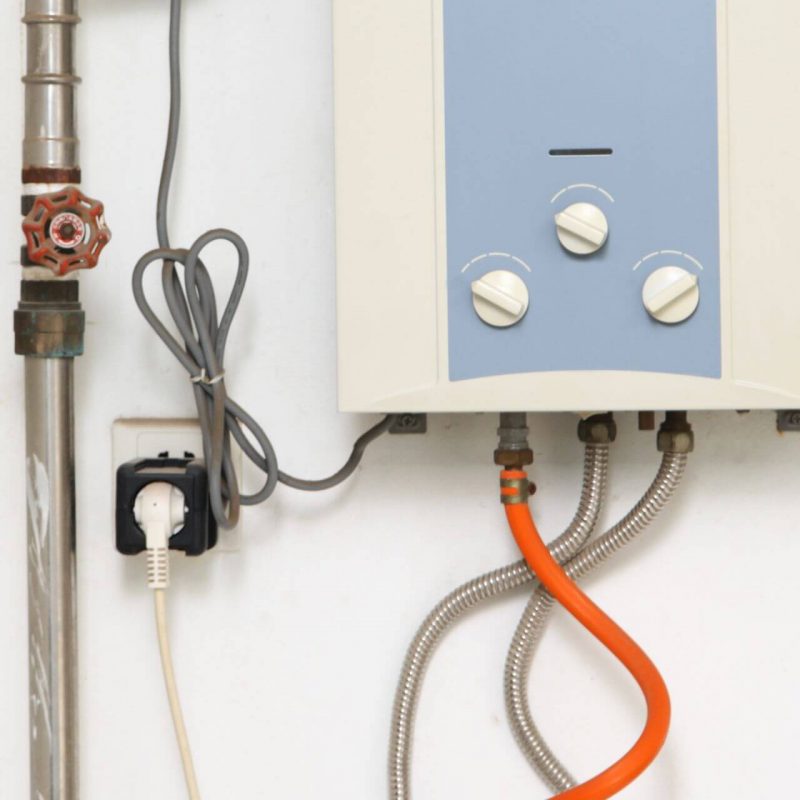

Maintaining your hot water system ensures optimal performance and longevity. Different systems require different maintenance strategies:
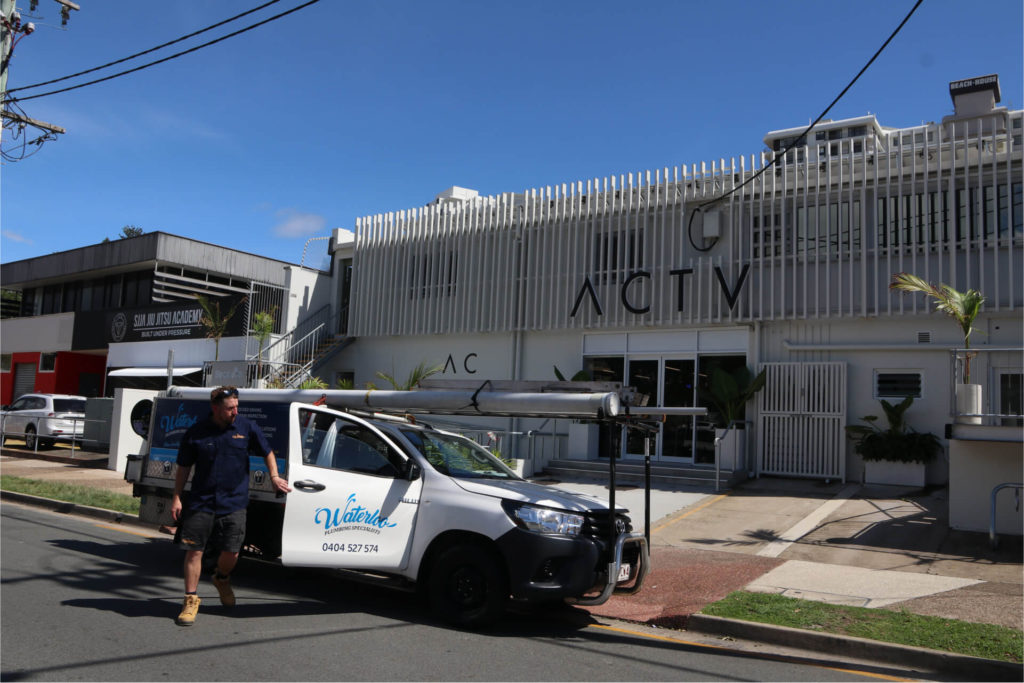
Ready to find the perfect hot water system for your home? Call Waterloo Plumbing Services at (07) 5655 7882 for expert advice, installation, and service on the Gold Coast and Tweed Heads area. Choose us for reliable, efficient hot water solutions tailored to your needs.
